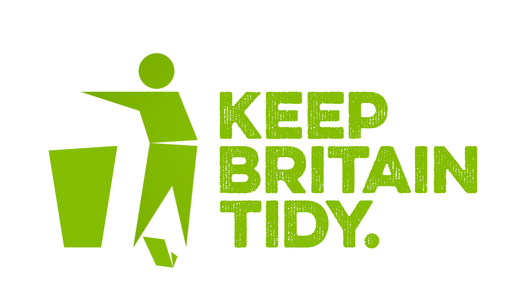Our plastic waste has a devastating impact on marine life.
Most people don’t realise that we have an incredible array of wildlife on our doorstep in the UK, including seals, dolphins, turtles whales and even sharks! There are over 30,000 species in UK waters and we have ecosystems that are as diverse as the Amazon Rainforest!
This means that the scenes we see of animals being harmed by our plastic are not happening far away, they’re happening right here in the UK.
In fact, scientists recently found that 100% of animals washed up on British shores had plastic in their stomachs.
Every year, plastic kills 1 million sea birds and 100,000 sea mammals, turtles and fish.
Plastic pollution is devastating to wildlife because it doesn’t simply disappear. It can take hundreds of years to break down into smaller and smaller pieces which can be easily ingested. Plastic is toxic and can kill wildlife or make them more susceptible to disease.
Animals can become trapped and injured by plastic and it disrupts habitats, making it hard for some species to live and breed naturally, leading to depletions in populations.
Plastic affects all life, from microscopic animals right up the food chain to large predators and even humans. Recent studies have shown traces of microplastics in people too, meaning that this is a problem that affects us all.
We all have a stake in healthier seas and a part to play in the solution.
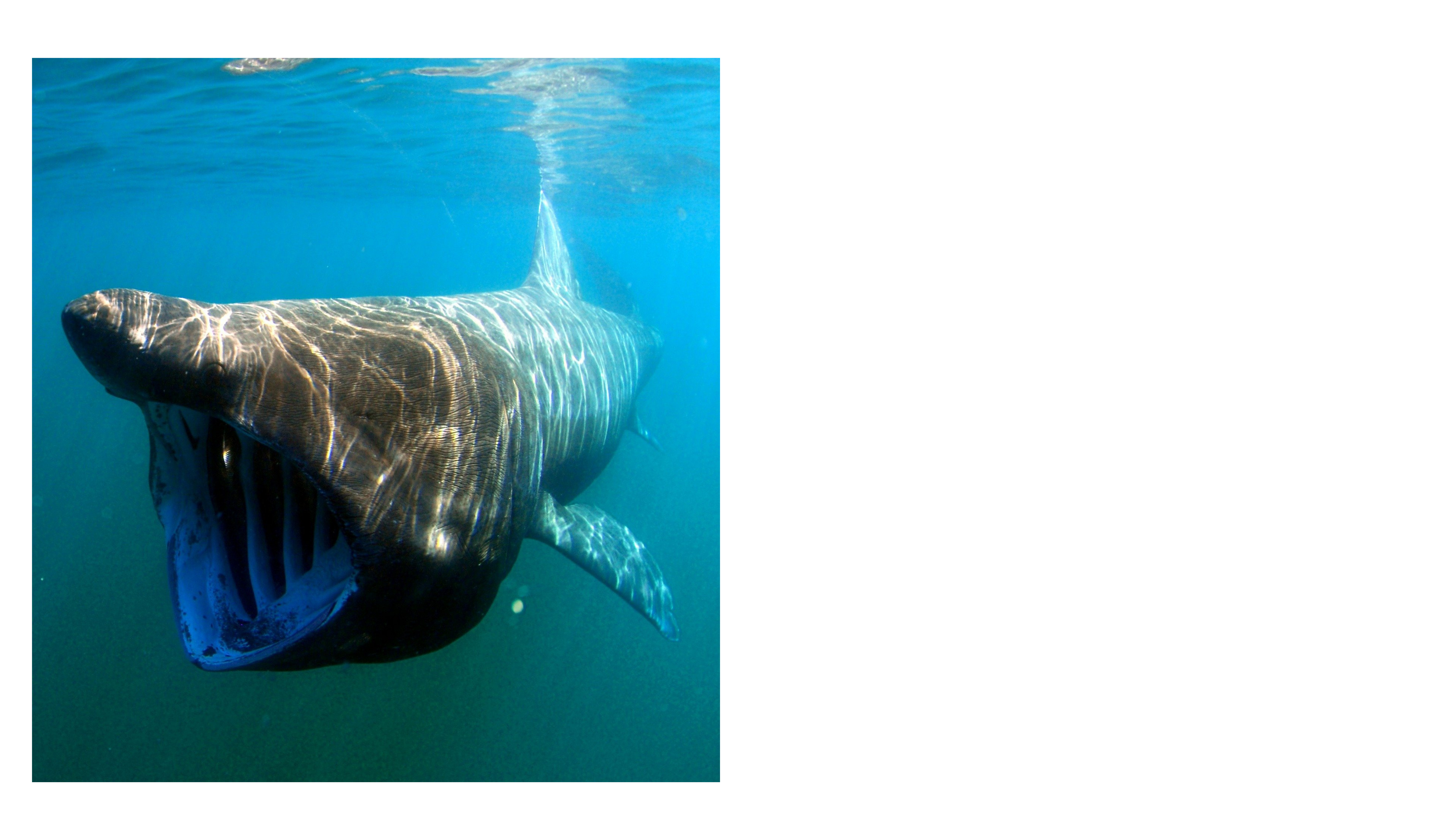
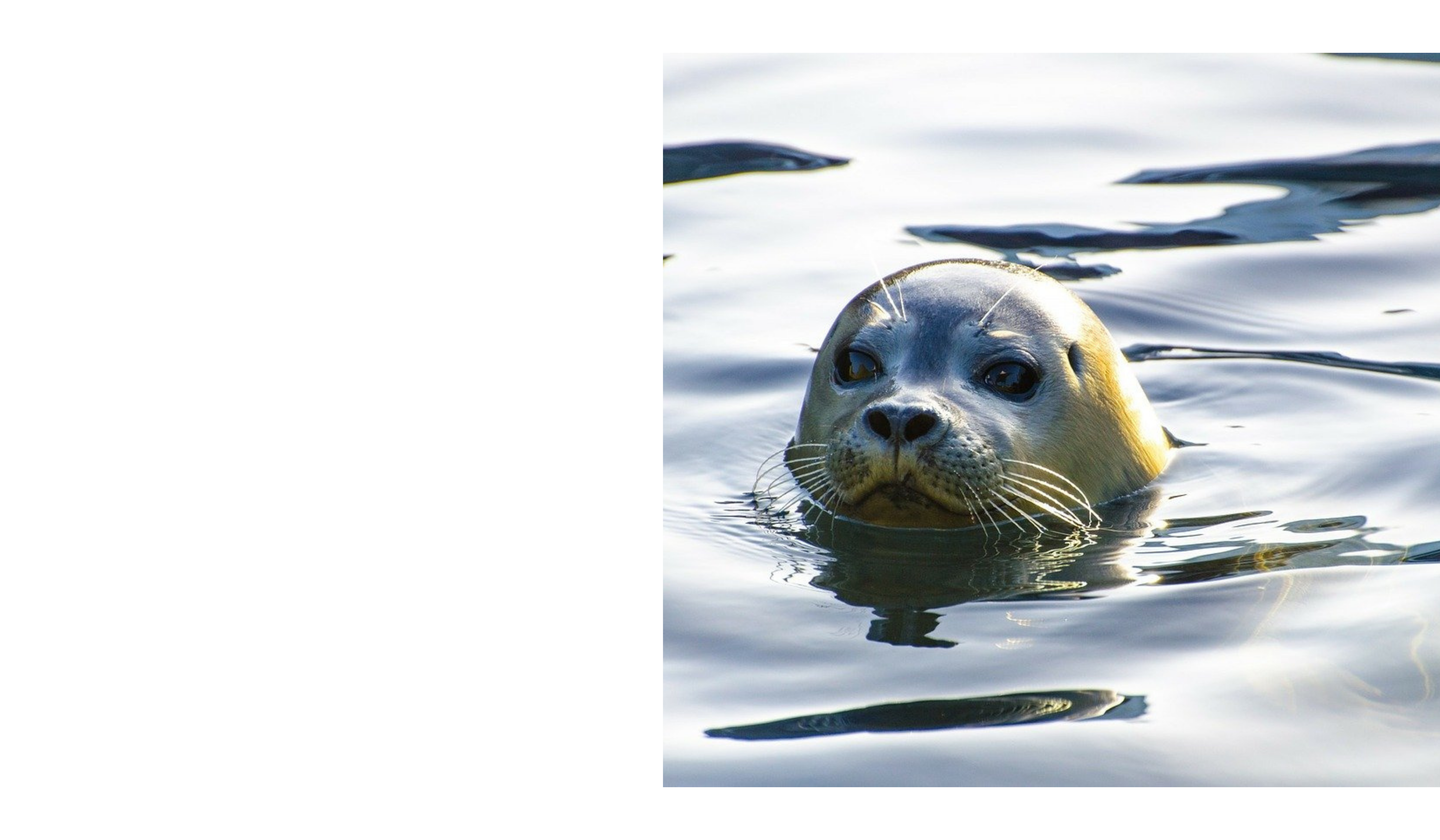
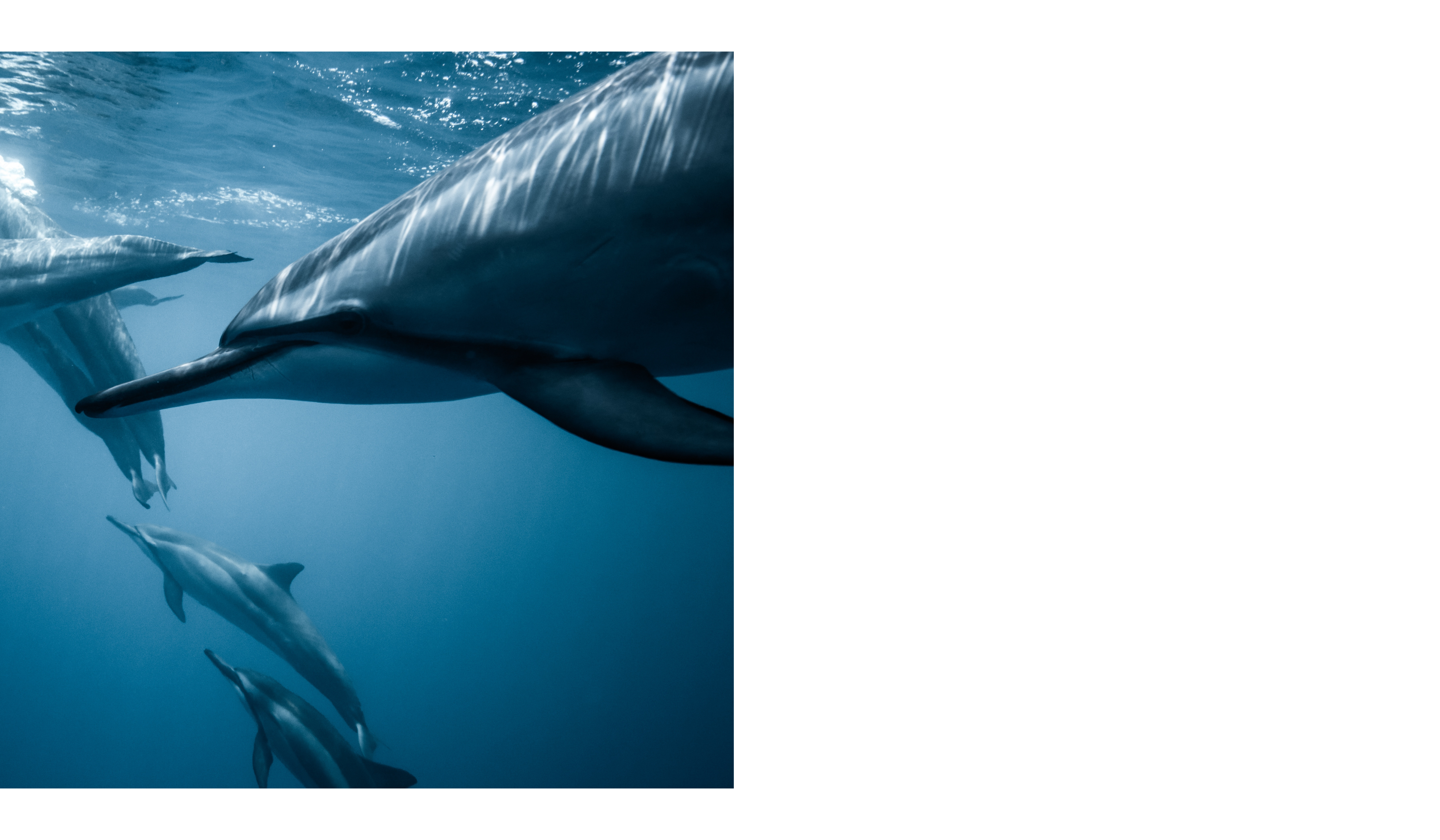
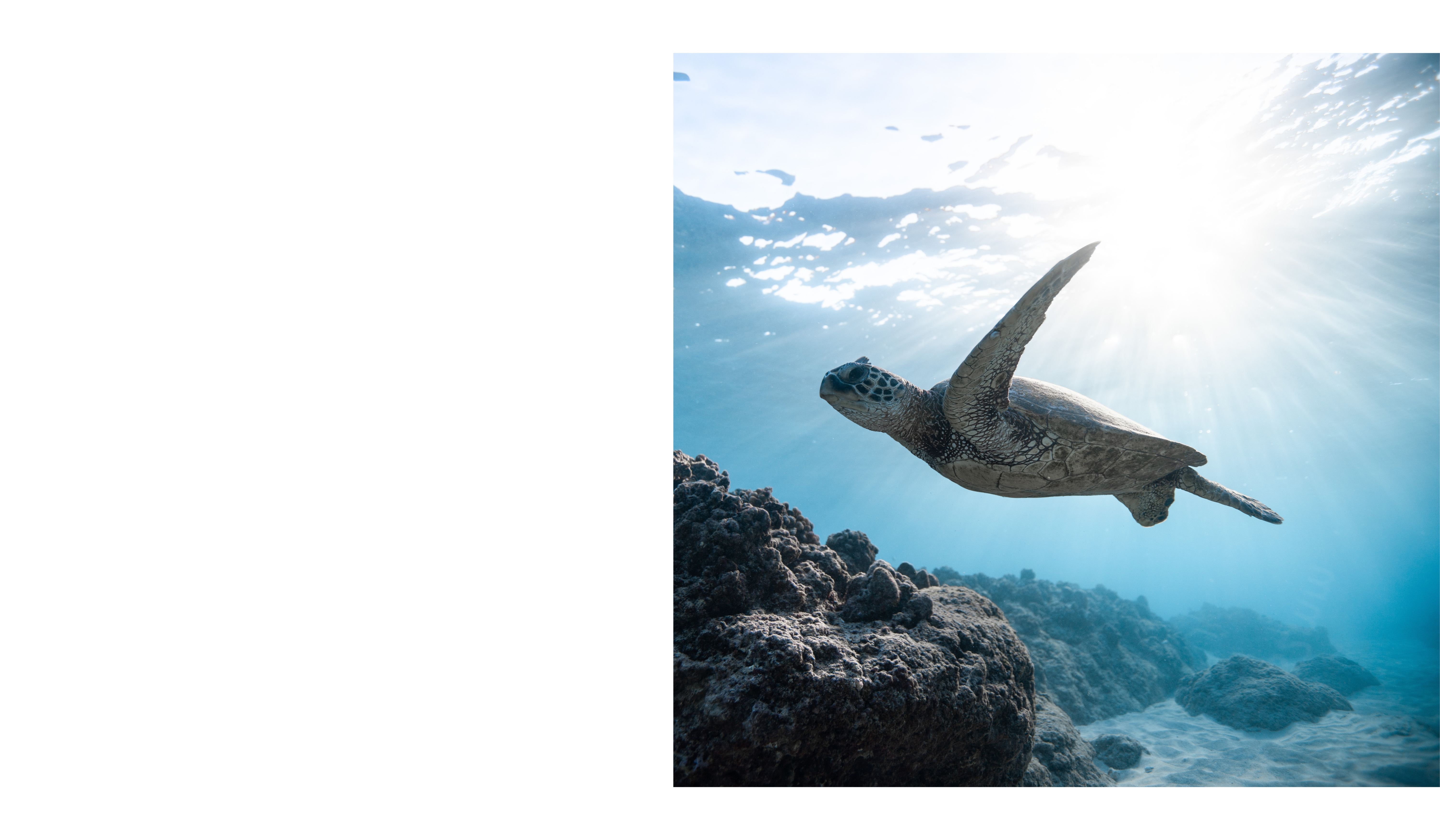
Feeling inspired? Save wildlife by tackling plastic pollution.
Join the Plastic Challenge

Want to know more about British marine life?
Visit the Wildlife Trust


Natural Course is the UK’s only EU funded LIFE Integrated Project (LIFE 14 IPE/UK/027). It is a collaboration of public, private and third sector organisations working together to help deliver real improvements to rivers and the water environment acrost North West England.
Natural Course is designing projects to better understand and overcome some of the biggest barriers preventing the achievement of ‘good ecological status’ under the Water Environment (Water Framework Directive) Regulations in the North West River Basin District.
Find out more by visiting www.naturalcourse.co.uk
